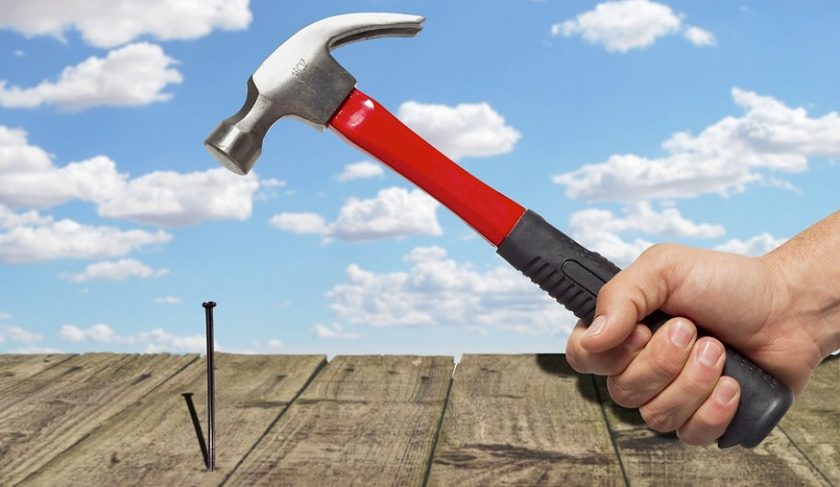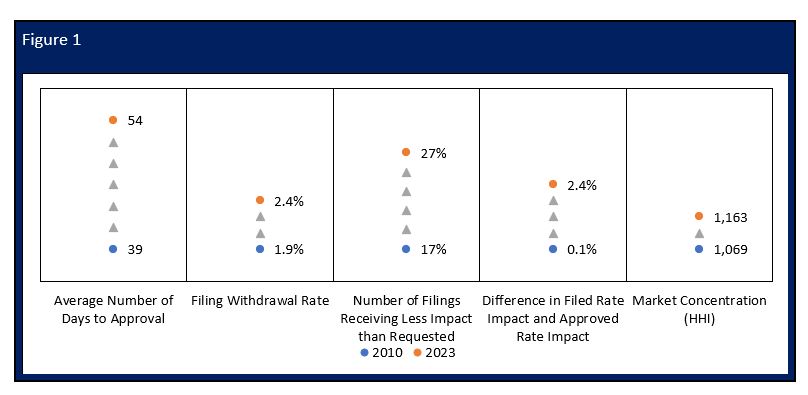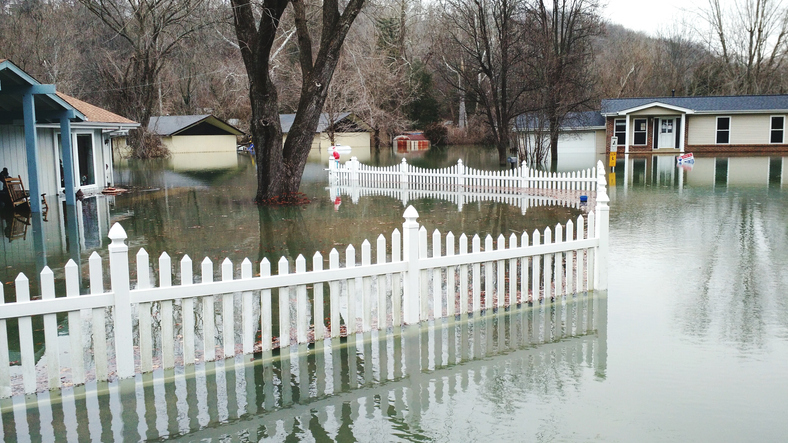
The insurer has shared tips to its policyholders to help protect themselves against scams.
The severe weather that struck the southern and middle states has provided a considerable opportunity for scammers interested in ripping people off through contractor and insurance fraud.

Allstate is hoping that more people will learn its tips to keep themselves safe from scammers.
The insurance company has issued these tips to equip Americans with the information they need to spot scams and stay away from them. Insurance fraud is already estimated to have reached about $40 billion per year in the United States, according to FBI data. As a result, the average American family is believed to be paying premiums $400 to $700 per year more than they would need to if insurers weren’t paying out to scammers.
Storms like the ones that struck many states in the second half of February are the perfect opportunity scammers watch for. Allstate understands this situation and is working to protect its customers and consumers as a whole, encouraging them to inform themselves and be vigilant to an environment rife with contractor and insurance scams following severe weather events.
_________________________
Insurance Quotes to Remember ~ “There are risks and costs to a program of action. But they are far less than the long-range risks and costs of comfortable inaction.” – John Fitzgerald Kennedy
_________________________
Though most contractors are honest, understanding the nature of insurance fraud remains vital.
“While most home-repair contractors are honest and provide quality work, homeowners should be on the lookout for workers and companies engaging in contractor fraud,” explained Allstate National Catastrophe Team senior claim field director Chip Teague. “This specific type of fraud can occur when a contractor provides substandard repairs or deliberately cheats the other party.”
Among the tips that Allstate has shared in a recent media release include:
- Being leery of contractors who use door-to-door solicitations to obtain business. The insurer recommends doing your homework to check references, licenses, bonding and insurance and having all vital documentation on hand to be verified.
- Researching past fraud complaints against a contractor through the Better Business Bureau.
 Finalize all contracts before any work begins on a home or business. Ensure that the contract contains all contractor contact information and essential terms. A contract should never be signed when it still contains blanks as this is a prime opportunity for contract or insurance fraud to be filled in later.
Finalize all contracts before any work begins on a home or business. Ensure that the contract contains all contractor contact information and essential terms. A contract should never be signed when it still contains blanks as this is a prime opportunity for contract or insurance fraud to be filled in later.










